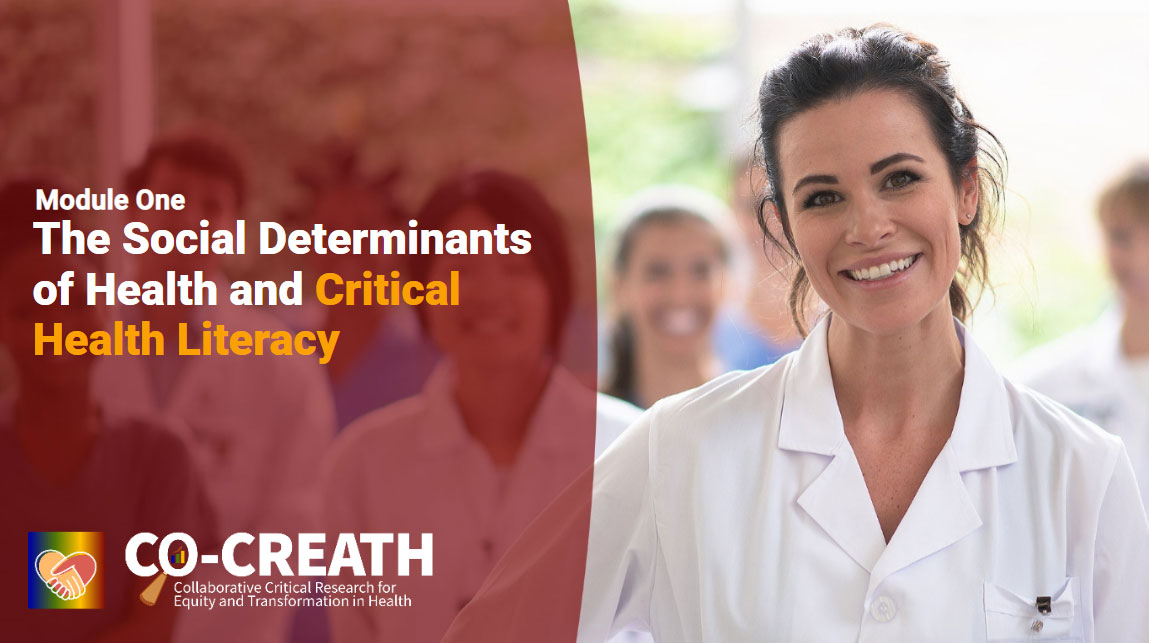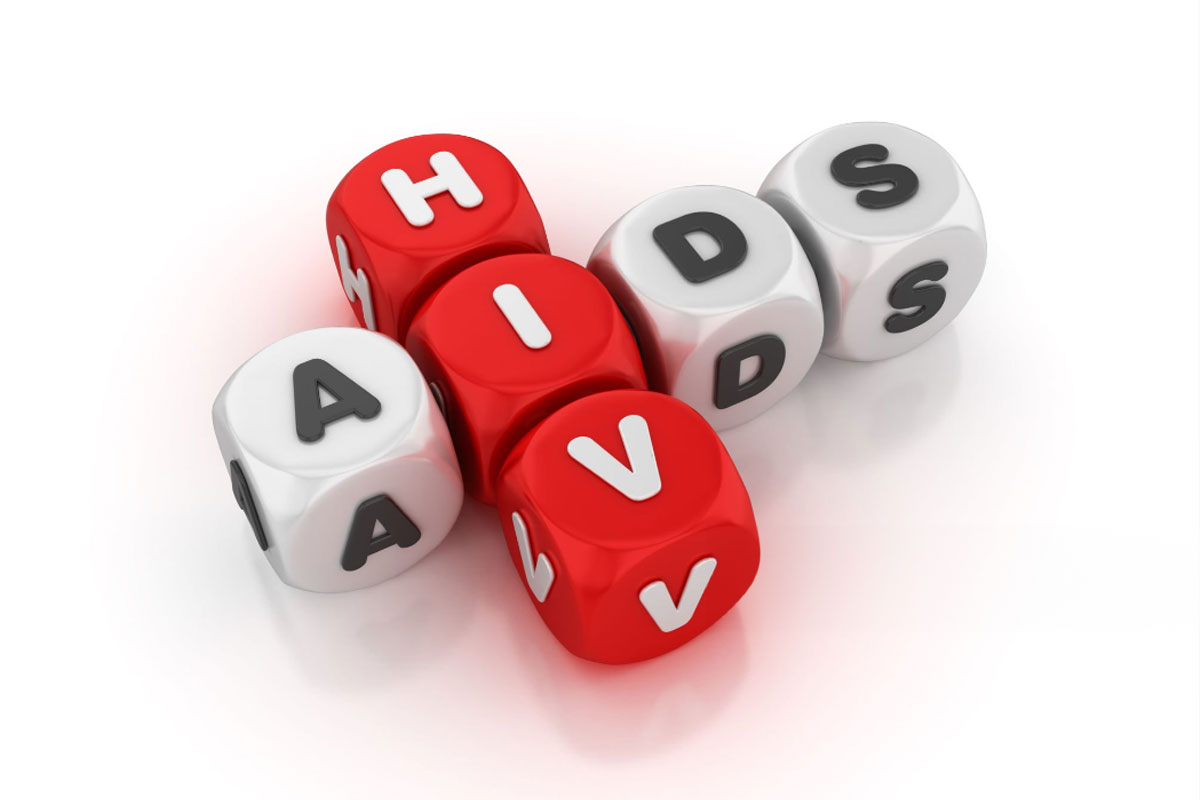At the CO-CREATH Lab, our mission is to improve health equity and outcomes through four core pillars.

Authentic community engagement (ACE)
Engage with community members and other stakeholders as partners in examining the health needs of those on the margins and generating solutions to advance health equity.

Knowledge production (KP)
Generate new knowledge and synthesize existing knowledge to create innovative solutions for complex problems.

Knowledge mobilization (KMb)
Create innovative tools that move knowledge to action in policy and practice setting, using a variety of formats that are tailored to the needs of diverse stakeholders.

Capacity building (CB)
Provide training, coaching and mentorship to strengthen the capacity of various stakeholders within an empowering environment to improve health and healthcare practices.
Authentic Community Engagement
We engage with community members, such as members of the African, Caribbean and Black (ACB) community, and other stakeholders as partners in examining the health needs of those on the margins and generating solutions to advance health equity.
Knowledge Production (KP)
The CO-CREATH lab engages in a wide range of research projects, and collaborates with community members with lived experience in our research topics as well as researchers from around the world to produce new knowledge.
Active Projects
Active
Strengthening organizational capacity for health research, data management and knowledge mobilization in ACB communities across Canada
Active
Strengthening community capacity for HIV prevention and care among African Caribbean and Black (ACB) women in Ontario: Interdisciplinary community-based participatory research initiative (CADWO)
Active
Strengthening the capacity of service providers to reduce the impact of COVID-19 on African, Caribbean, and Black communities in Ontario
Active
Optimizing HIV and health services for Canadians of African Descent (CAD) women: A multi-sectoral and innovative approach to capacity building
Knowledge Mobilization (KMb)
We are committed to getting the right information to the right people in the right format at the right time. To do so, we create innovative tools that move knowledge to action at the policy level and practice setting. Our knowledge mobilization goals are to maximize the impact of our research and communicate these impacts as widely as possible.
Our knowledge mobilization consists of innovative tools and activities that build awareness, disseminate findings, and facilitate the use of our research results in real time. Examples of our knowledge mobilization products include:
To learn more about CO-CREATH’s active and completed projects, please visit our Knowledge Production page.
Capacity Building (CB)
CO-CREATH is dedicated to creating an environment of empowerment where we provide mentoring, community training and professional development opportunities to many different stakeholders.





